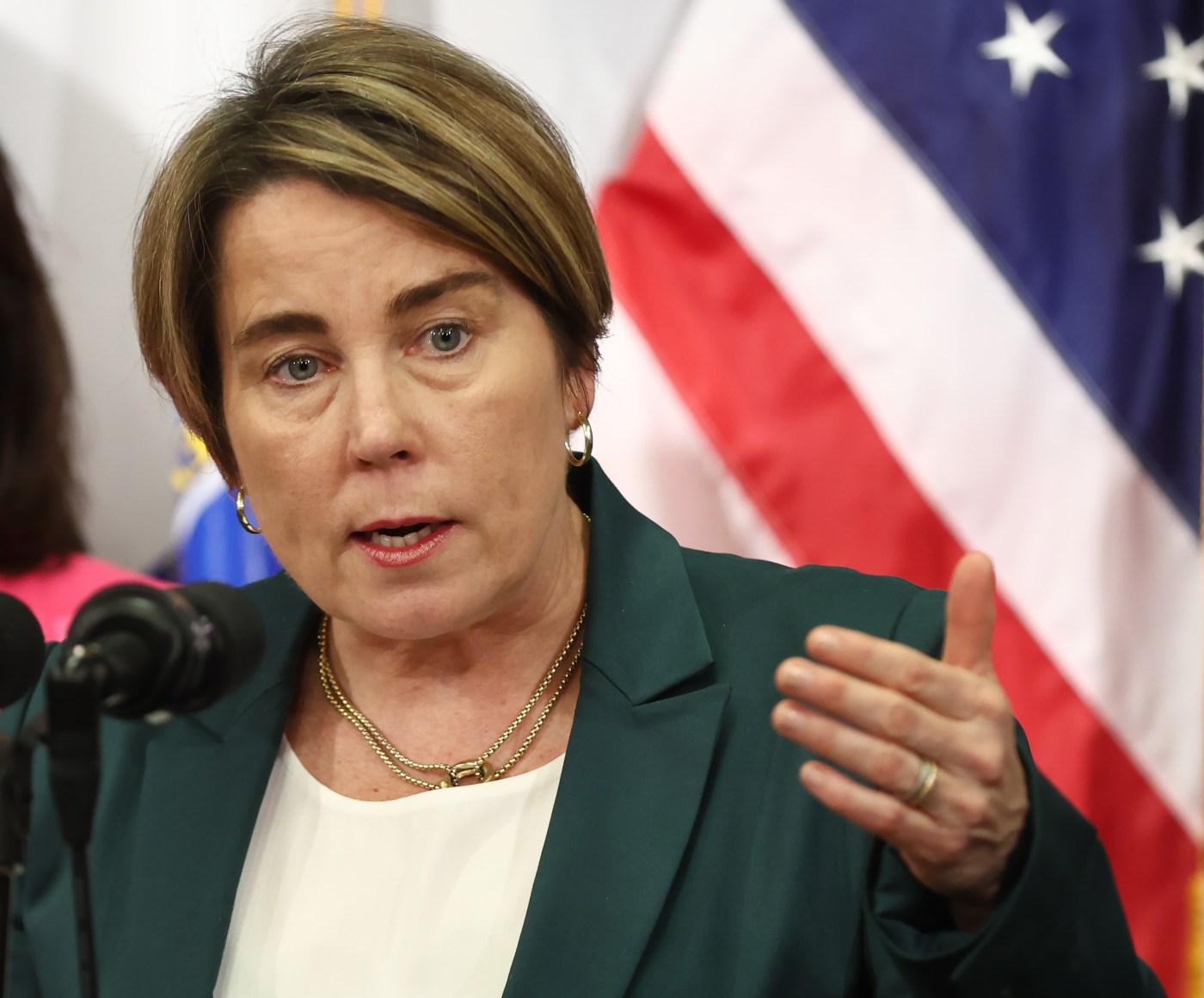
Editorial: Cuts to mental health should be off Healey’s budget table
Of all the things that should be on the budget-balancing chopping block, mental health services aren’t it.
As the Herald reported, Gov. Maura Healey moved to close two mental health hospitals in Canton and Pocasset and lay off half the Department of Mental Health’s case managers in an effort to cut down costs and balance the fiscal year 2026 budget proposal she rolled out Wednesday.
This comes a month after her administration issued $12.4 million through the Behavioral Health Trust Fund to 37 colleges and universities to support behavioral health students completing unpaid internships and field placements. According to the state’s web site: “By investing in students looking to treat those experiencing mental health and substance use challenges, we’re investing in the long-term health and wellness of communities across Massachusetts,” Healey said.
The governor touted the move on X: “Mental health is health. Massachusetts needs a diverse, qualified behavioral health workforce to meet the needs of residents across our state.”
A workforce that’s about to be cut.
It also flies in the face of the administration’s July decision to give $2.8 million in grant awards to six community-based clinics to make mental health urgent care more widely available in high-need areas, including Brockton, Roxbury, Northbridge, Fitchburg, Lowell, and Worcester.
“Our administration is committed to ensuring that every Massachusetts resident can receive the behavioral health care they need where and when they need it,” said Healey.
So what gives with closing two mental health hospitals and laying off mental health case managers?
After the state’s hemorrhaged money to shelter and care for the influx of migrants, mental health hospitals and staff classify as “things we can do without?”
It would be one thing if such services weren’t needed, but Healey’s own moves in July and December to boost mental health services and workers underscore their necessity.
As GBH reported this summer, the 988 Suicide & Crisis Lifeline has received more than 130,000 calls from Massachusetts residents since its launch in 2022. Numbers are growing, according to data provided by local call centers.
Help is needed, resources are needed. And yet Healey is making cuts.
“They’re just eliminating the beds at a time where there is a dire shortage of inpatient mental health beds,” James Durkin, director of legislation and political action at AFSCME Council 93 told the Herald.
“At a time when the commonwealth is reeling from the far-reaching effects of trauma and a growing need for crisis intervention, we cannot stand by as the infrastructure that our communities depend on is dismantled,” SEIU 509 President Dave Foley, which represents the case workers, said in a statement.
He criticized Healey’s “drastic proposal of budget cuts that will have a devastating impact on our most vulnerable residents and jeopardize the livelihoods of human services workers.”
Healey said consolidating hospitals under the Department of Public Health would save the state $31 million. Considering that Healey filed a $425 million spending bill earlier this month to pay for emergency shelter costs through the rest of fiscal year 2025, it would appear the money’s there, but the priority is not.
Editorial cartoon by Al Goodwyn (Creators Syndicate)

